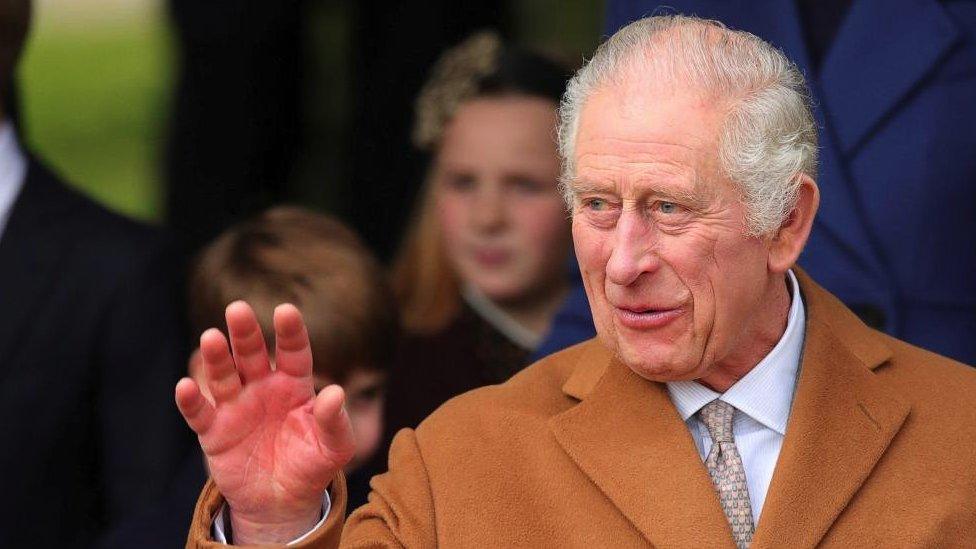King Charles to continue paperwork and private meetings during cancer treatment
- Published
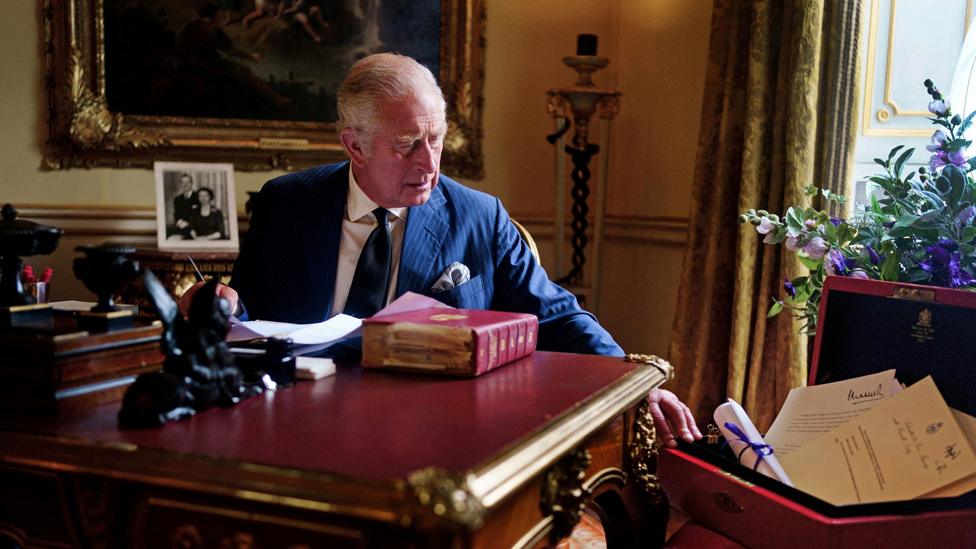
When you examine the wiring of the British state, the core connections lie between monarch and government, between Buckingham Palace and Westminster.
While we are told we will see less of the King in public while he receives cancer treatment, much of his private work will continue.
He will continue to receive his red boxes, the daily exchange of paperwork at the heart of his role.
Take - as just one example - the passage of a law at Westminster.
After it has passed through all its stages in the House of Commons and the House of Lords, it heads to the Palace for what is known as Royal Assent.
A formality, yes, in a parliamentary democracy, but an illustration of the King's key constitutional role.
Another example, again a formality, when the prime minister appoints a new minister, it is technically a Crown appointment - an appointment made by the King.
We understand the King's weekly audiences with Rishi Sunak - a long standing convention going back decades and hugely appreciated by prime ministers - will continue.
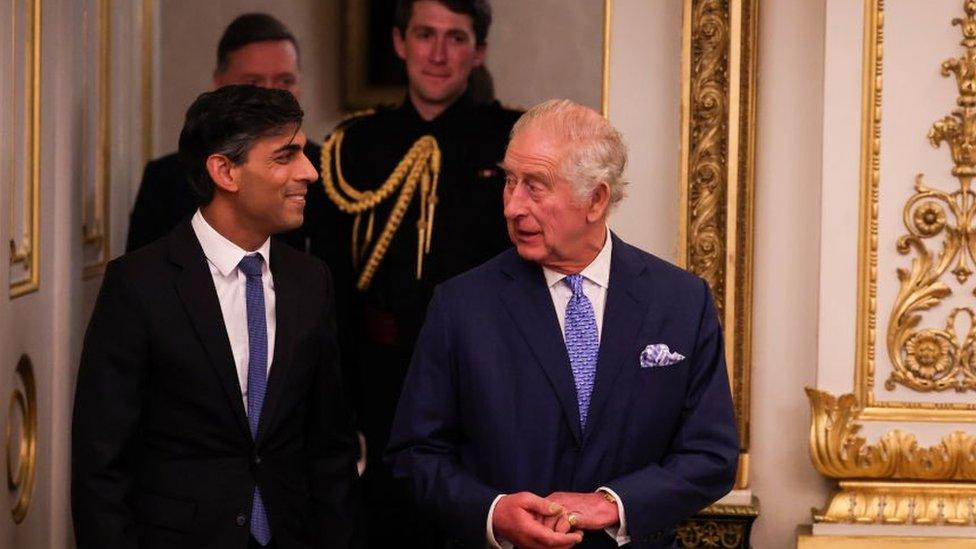
The King's weekly audiences with Rishi Sunak are to continue
And, it is suggested, they will continue in person, unless the King's doctors advise he should limit how many people he meets face to face - in which case they could take place virtually.
So, Buckingham Palace emphasises, the King's constitutional duties will continue.
But what would happen if they couldn't?
Well, around the wiring of the British state that I referred to, sits insulation.
A set of procedures for if a monarch is incapacitated, and unable to continue with all of their duties.
Counsellors of state "are authorised to carry out most of the official duties of the Sovereign, for example, attending Privy Council meetings, signing routine documents and receiving the credentials of new ambassadors to the United Kingdom", the Royal website, external tells us.
The Queen, the Prince of Wales, the Duke of Sussex, the Duke of York and Princess Beatrice.
A law passed in 2022, external also adds the Princess Royal and the Earl of Wessex - now the Duke of Edinburgh - to the list.
There is an acceptance, as our Royal Correspondent Nicholas Witchell has reported, that neither Prince Harry nor Prince Andrew could be seen to perform such a role.

King Charles's cancer diagnosis

An example of when Counsellors of State were required occurred in the early 1950s.
Charles' grandfather, King George VI, had been diagnosed with lung cancer and underwent an operation at Buckingham Palace to remove one lung.
Other members of the family including his wife could have fulfilled his constitutional role while he was incapacitated.
There is nothing to suggest such an arrangement will be required in Charles' case.
Meanwhile, politicians around the world and the UK are sending their best wishes to the King.
The prime minister, the Labour leader, other party leaders and the first ministers of Scotland, Wales and Northern Ireland have posted their reflections.
President Biden and the prime ministers of Canada and Australia have too.
Related topics
- Published5 February 2024
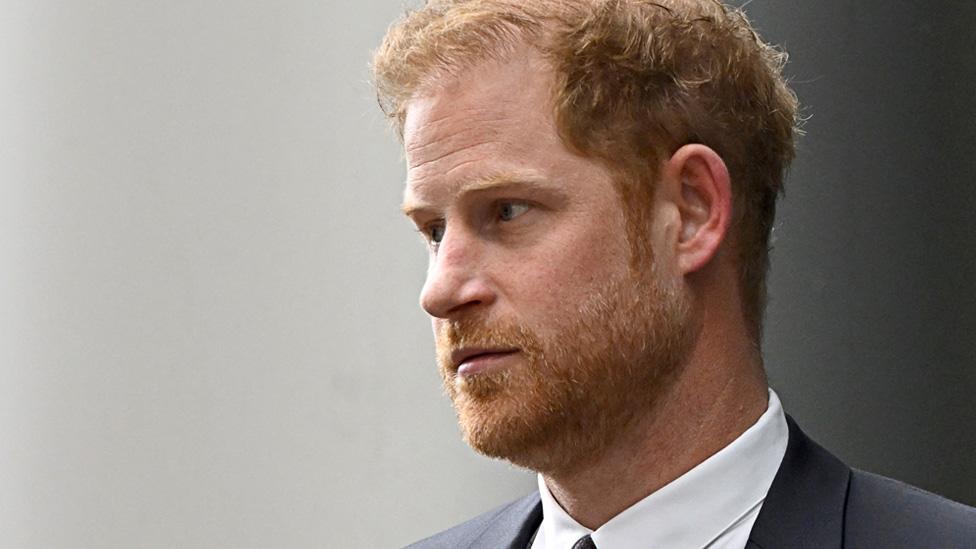
- Published10 February 2024
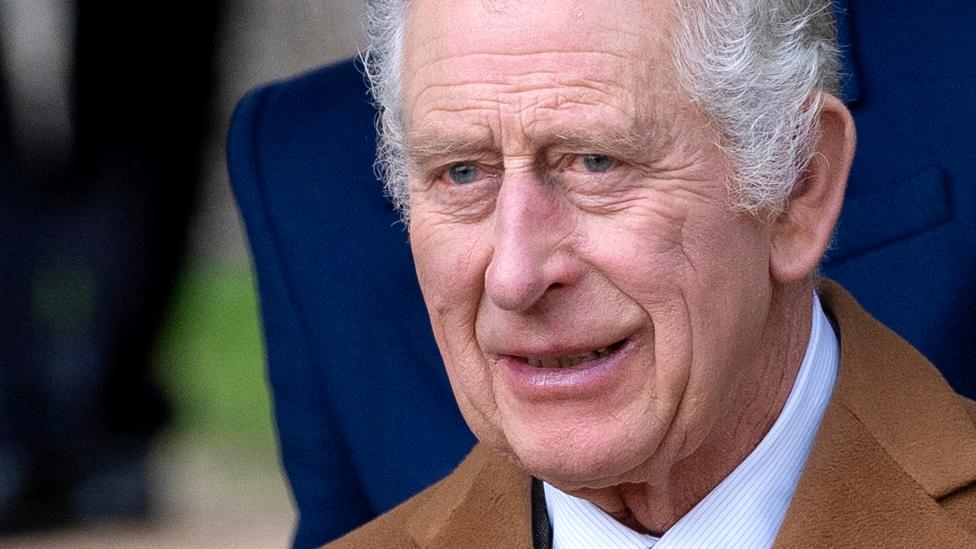
- Published26 April 2024
